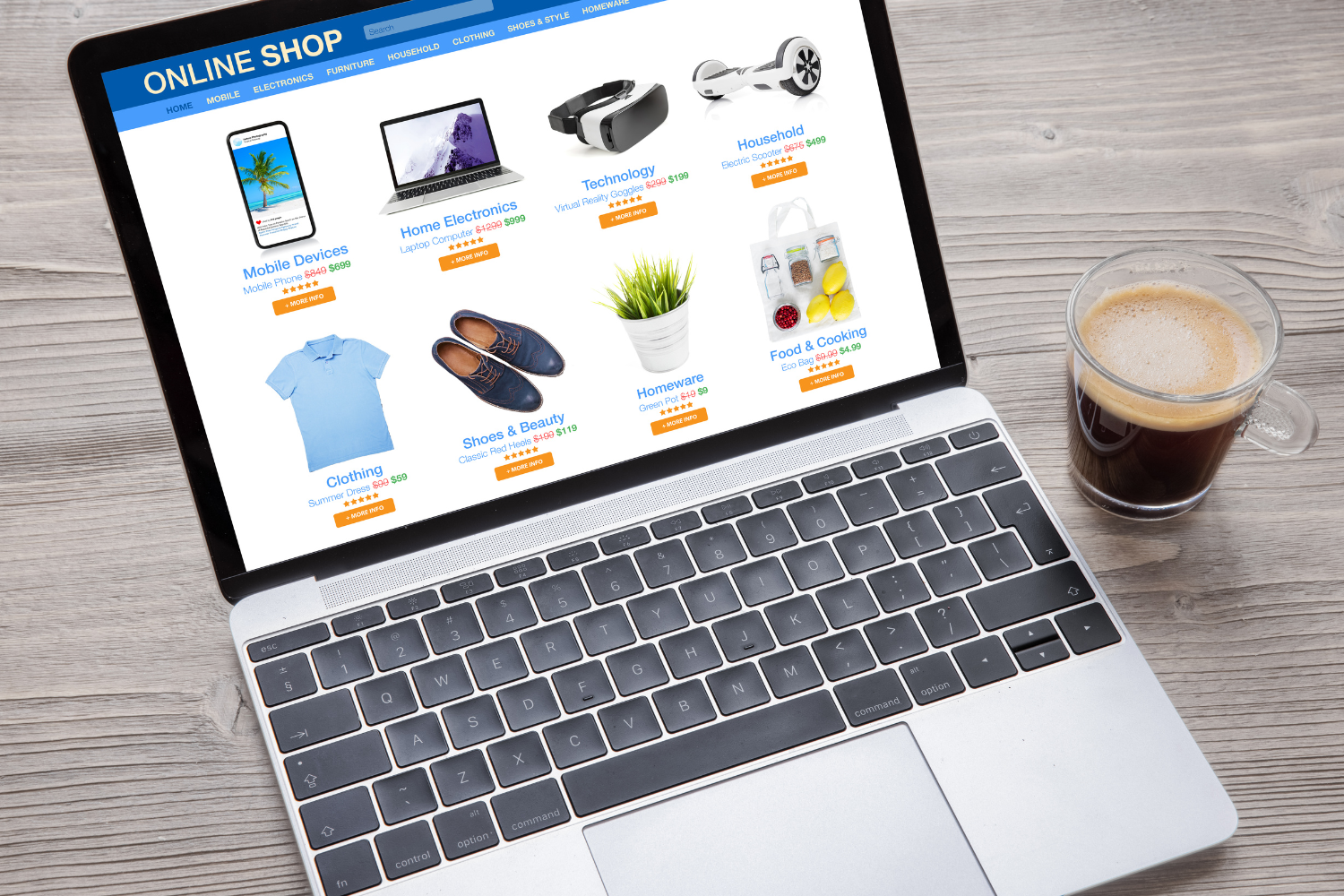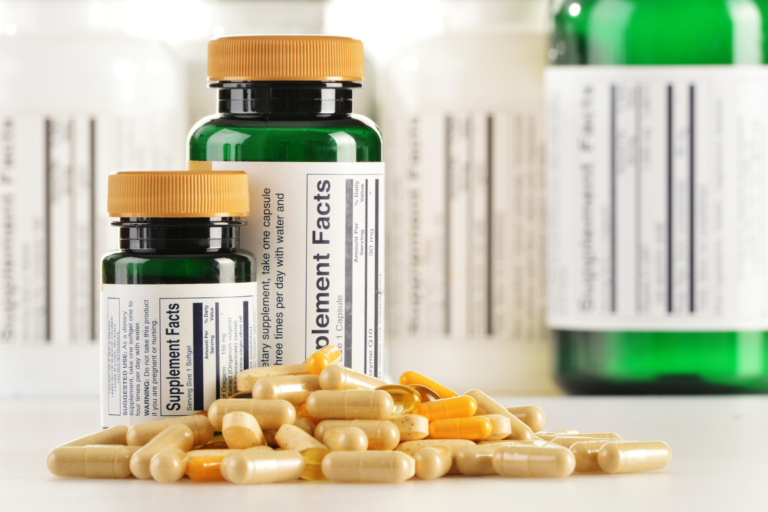The United States is a thriving hub for dietary supplements, making it a prime market for businesses looking to grow their brand. With increasing consumer awareness about overall health, mental health, and good health practices, the demand for nutritional supplements, vitamins, and dietary supplements continues to surge.
American supplement manufacturing offers unparalleled opportunities for companies to develop exceptional products that meet the highest standards, with support from the right leading supplement manufacturer skilled in efficient production and private labeling.
In this guide, we’ll discover why entering the U.S. market is a smart move, how superior quality and competitive pricing set it apart, and what makes it an ideal place to create and sell supplements that cater to a wide array of health-conscious consumers.
1. Huge Market Demand for Supplements
The U.S. supplement market continues to grow due to an increasing focus on health and wellness. This demand presents excellent opportunities for companies in the supplement manufacturing industry.
Growing Consumer Interest in Health and Wellness
The U.S. is home to a highly health-conscious population, with consumers actively seeking ways to improve their nutrition and overall wellness. Over 77% of U.S. adults regularly take dietary supplements, showcasing consistent demand across diverse demographics. This trend highlights the increasing reliance on supplements as part of a daily health routine, from multivitamins to specialized dietary supplements.
Diverse Range of Supplement Categories
The U.S. market for supplements is vast and diverse, appealing to consumers with varied health goals.
- Vitamins and Minerals: Essential supplements for maintaining good health.
- Protein Powders: Popular among fitness enthusiasts and athletes.
- Nootropics: Supplements often marketed to support cognitive function.
- Personalized Nutrition: Products tailored to individual dietary needs.
- Vegan Supplements: Meeting the demand for plant-based alternatives.
- Adaptogens: Natural supplements believed to help the body adapt to stress and promote general well-being.

2. Strong Regulatory Framework for Consumer Trust
A robust regulatory framework ensures the safety, quality, and transparency of supplements sold in the U.S., fostering consumer trust and confidence.
FDA Oversight and cGMP Compliance
The FDA regulates dietary supplements in the U.S., enforcing safety, labeling, and manufacturing standards. Compliance with Current Good Manufacturing Practices (cGMP) ensures supplements are produced consistently and meet established quality standards. This regulatory structure builds consumer confidence, as buyers trust that their nutritional supplements are manufactured responsibly and safely.
Transparency in Product Labeling
Clear and accurate labeling helps consumers make informed decisions in the U.S. supplement market.
- Ingredient Lists: Mandatory inclusion of all active and inactive ingredients.
- Dosage Information: Precise details about serving size and nutrient amounts.
- Health Disclaimers: Necessary statements to clarify intended product use.
Third-party certifications, such as NSF or USP, further enhance trust by signaling that a product meets the highest quality and safety standards.

3. Large and Diverse Consumer Base
The U.S. has a large and varied consumer population, offering businesses countless opportunities to target specific markets and demographics.
Target Multiple Demographics
The diverse U.S. population allows businesses to cater to various segments, including athletes, seniors, vegans, and wellness enthusiasts. These groups drive demand for protein powders, vegan supplements, and vitamins tailored for age-specific needs. The average American spends generously on health and wellness, making the U.S. a lucrative market for companies aiming to expand their reach.
Focus on Specialized Markets
The growing demand for niche products provides opportunities to tap into specialized markets for higher profitability.
- Personalized Nutrition: Supplements customized for individual health needs.
- Plant-Based Supplements: Options appealing to vegans and eco-conscious consumers.
- Targeted Health Products: Products marketed for specific needs, such as immune health or cognitive support.
Businesses focusing on these specialized segments can create unique products that stand out in a competitive market.

4. Opportunities for E-commerce Growth
E-commerce has transformed how supplements are sold, providing businesses new opportunities to reach consumers directly and cost-effectively.
Thriving Online Sales for Supplements
The booming e-commerce market has made supplements one of the most popular and unique product categories online. Platforms like Amazon, Shopify, and other direct-to-consumer websites allow businesses to connect with millions of potential customers.
Selling online also reduces overhead costs by eliminating the need for retailers or physical retail locations, which helps increase margins while offering nationwide reach. However, it’s worth noting that businesses still incur other significant expenses, such as fulfillment, digital marketing, and platform fees.
Popular Online Marketplaces
E-commerce platforms like Amazon, Shopify, and WooCommerce offer multiple options for selling supplements effectively. Amazon, the leading e-commerce platform in the U.S., provides unmatched visibility and access to a vast client base, making it a top choice for supplement manufacturers.
Meanwhile, platforms like Shopify and WooCommerce allow brands to build their own websites, giving greater control over customer relationships, packaging, and marketing while still reaching a broad audience.

5. Expanding Consumer Trends Toward Wellness
Consumer preferences in the U.S. are shifting toward proactive health management and natural, eco-friendly products, creating many opportunities for supplement businesses.
Focus on Preventative Health
U.S. consumers increasingly prioritize preventative care, incorporating supplements into their routines to support overall wellness. Supplements supporting immune health, probiotics for gut health, and adaptogens for stress management have seen significant growth as part of this trend. These categories reflect the demand for products that support overall wellness and mental health, allowing businesses to create supplements that address these evolving needs.
Demand for Natural and Organic Products
The trend toward “clean label” supplements shapes consumer choices, with many buyers seeking natural, organic, and sustainably sourced products. This shift presents opportunities for brands to develop exceptional products that align with these preferences, such as vegan supplements and eco-conscious packaging.

6. Access to Advanced Marketing Tools
Selling supplements in the U.S. is made easier by the availability of sophisticated marketing tools that help brands reach their target audiences effectively.
Digital Marketing Channels
The U.S. market offers access to a range of powerful advertising platforms, including Google Ads, Facebook Ads, and influencer marketing. These tools enable companies to optimize service delivery and promote their products to specific demographics. Wellness influencers also play a vital role in helping brands reach niche audiences and build credibility through social media partnerships.
SEO and Content Marketing
SEO and content marketing are key strategies for success in the U.S. supplement industry. By targeting high search volume keywords like “dietary supplements,” “vitamin manufacturers,” and “supplement manufacturing,” businesses can drive organic traffic to their websites. Creating valuable content, such as blogs about supplement benefits, product comparisons, and customer testimonials, enhances engagement and builds consumer trust.

7. Scalability for International Expansion
The U.S. supplement market serves as a springboard for brands aiming to grow beyond domestic borders and tap into global opportunities.
U.S. as a Launchpad for Global Growth
Establishing a strong foothold in the U.S. market can open doors to international expansion. As the U.S. is seen as one of the leaders in dietary supplement manufacturing, success here can build credibility for your products in other regions. Platforms like Amazon and Shopify simplify global integration, making it easier to transition into international markets.
Consumer Trends That Spread Globally
The U.S. often sets global health and wellness trends, with popular U.S. supplements influencing international demand. From innovative formulations to sustainability-focused products, trends originating in the U.S. are frequently adopted in markets worldwide, offering growth potential for forward-thinking brands.

Why Selling Supplements in the U.S. is a Smart Business Decision
Selling supplements in the U.S. presents a unique opportunity for businesses to thrive in a dynamic and rapidly growing market. With high consumer demand fueled by health-conscious buyers, strong regulatory support ensuring product quality and robust e-commerce platforms reducing overhead costs, the U.S. is an ideal place to establish or grow a supplement brand.
Access to advanced marketing tools and the ability to tap into global trends further enhance the potential for success. By leveraging these advantages, your business can flourish domestically and lay the groundwork for international expansion.
Frequently Asked Questions
Do I need FDA approval to sell supplements in the U.S.?
No, you don’t need FDA approval, but you must comply with FDA regulations regarding labeling, ingredient safety, and health claims.
What supplements are most popular in the U.S.?
Popular categories include multivitamins, probiotics, protein powders, and specialty products like immune boosters and stress-relieving supplements.
Can I sell supplements online in the U.S.?
Yes, selling supplements online is a highly profitable option. Platforms like Amazon, Shopify, and WooCommerce are popular choices for supplement businesses.
Are there niche markets for supplements in the U.S.?
Yes, there is a growing demand for niche products like vegan supplements, personalized nutrition, and organic supplements targeting specific health concerns.
What certifications can help boost trust in my supplements?
Third-party certifications like NSF, USP, and Non-GMO Project Verified can help build consumer trust and demonstrate product quality.
References
- U.S. Food and Drug Administration. (2021). FDA 101: Dietary Supplements. https://www.fda.gov/consumers/consumer-updates/fda-101-dietary-supplements
- National Institutes of Health, Office of Dietary Supplements. (n.d.). Dietary Supplement Fact Sheets. https://ods.od.nih.gov/factsheets/list-all/
- National Institutes of Health, Office of Dietary Supplements. (2023). Dietary Supplements: What You Need to Know – Consumer. https://ods.od.nih.gov/factsheets/WYNTK-Consumer/
- U.S. Food and Drug Administration. (2021). Dietary Supplements. https://www.fda.gov/consumers/consumer-updates/dietary-supplements
- U.S. Food and Drug Administration. (2022). Information for Consumers on Using Dietary Supplements. https://www.fda.gov/food/dietary-supplements/information-consumers-using-dietary-supplements



